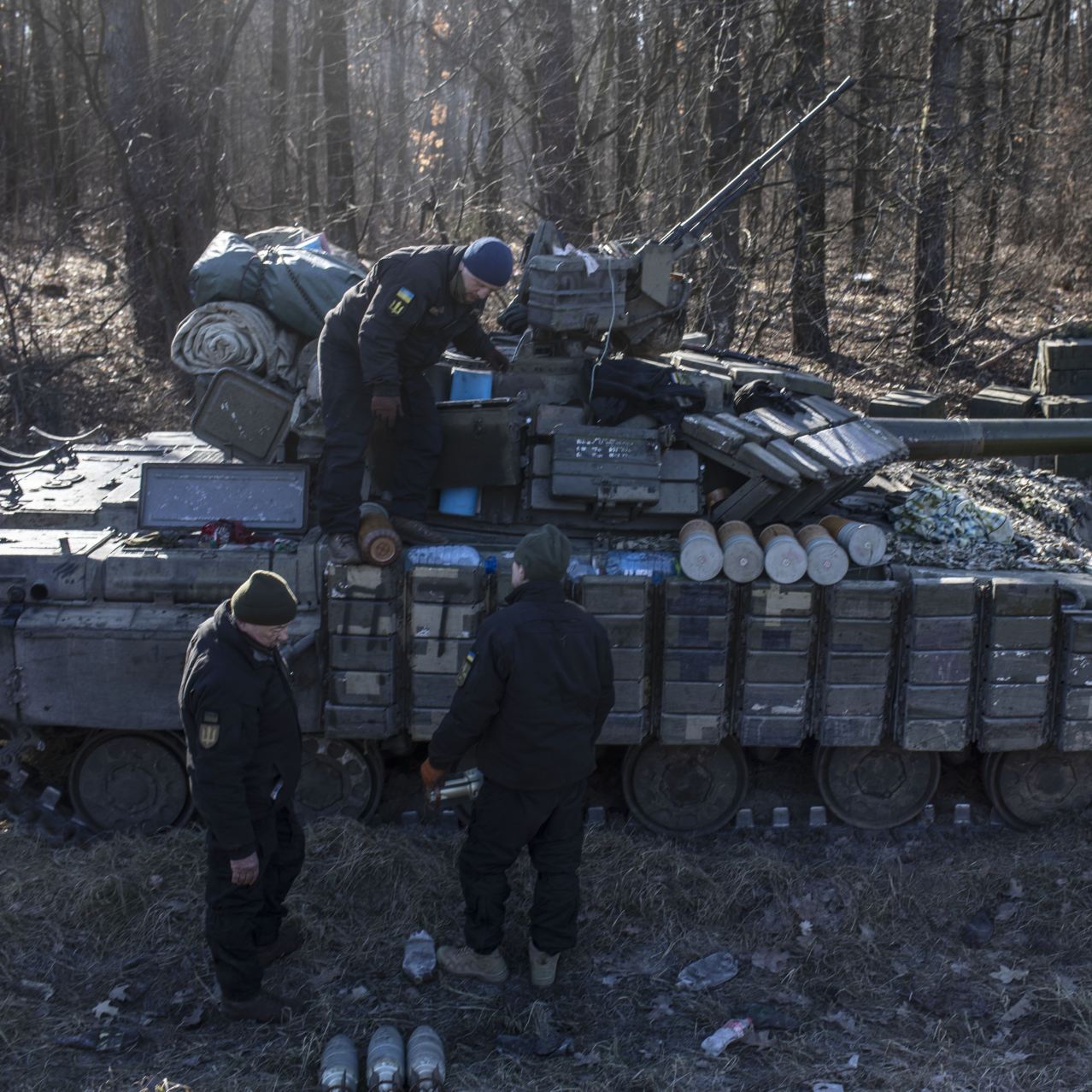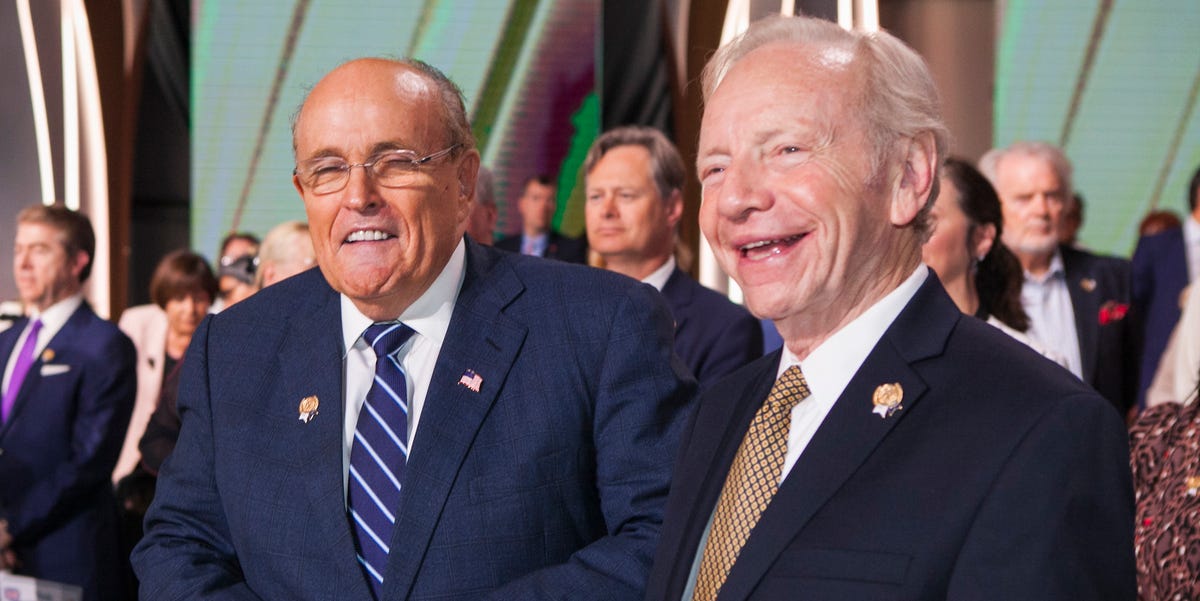Negotiations Without Ceasefire: Trump's Call To Ukraine Amidst War

Table of Contents
Trump's Proposal: A Detailed Look
Trump's proposal for "negotiations without ceasefire" in Ukraine advocates for direct talks between Kyiv and Moscow, even while active hostilities continue. This approach deviates significantly from the traditional model of peace negotiations, which typically involve a ceasefire as a prerequisite for meaningful dialogue.
- Direct Engagement: Trump emphasizes direct negotiations, minimizing the involvement of mediating parties.
- Unilateral Concessions: His suggestions imply a willingness for Ukraine to make unilateral concessions to achieve a negotiated settlement.
- Focus on Key Issues: The proposal reportedly prioritizes addressing core issues such as territorial disputes and security guarantees, without insisting on a complete cessation of fighting.
Trump has repeatedly stated his belief that a negotiated settlement, even without a ceasefire, is achievable and that ongoing dialogue can pressure both sides towards compromise. For example, in a recent interview, he emphasized the need for "smart negotiations," suggesting that continuing talks can leverage diplomatic pressure, even amidst military actions. This approach can be characterized as prioritizing a potential "incremental progress" over a complete freeze on hostilities. His statements consistently portray a conviction that direct negotiations, even without a temporary peace, can yield positive outcomes, echoing his often-expressed skepticism towards protracted international mediation efforts.
Potential Advantages of Negotiations Without a Ceasefire
While seemingly counterintuitive, some argue that continuing negotiations despite ongoing hostilities could offer certain advantages:
- Maintaining Momentum: Sustained dialogue can prevent complete breakdown of communication, offering opportunities for compromise even amidst fighting.
- Diplomatic Pressure: Negotiations, even without a ceasefire, can exert diplomatic pressure on both sides, potentially influencing their battlefield decisions.
- Incremental Progress: It is argued that incremental progress on less contentious issues can build trust and pave the way for further concessions.
Historical examples, such as certain periods during the Korean War, could be cited as instances where negotiations continued alongside military operations. However, it’s crucial to note that direct comparisons are difficult due to the distinct geopolitical context and power dynamics of each conflict. The key argument here revolves around the idea that the continuous pressure of negotiations can contribute to conflict resolution, even without a cessation of immediate military actions. Such an approach hinges on the possibility that the ongoing diplomatic pressure could serve as a lever for de-escalation.
Significant Risks and Challenges of This Approach
Negotiating without a ceasefire presents substantial risks and challenges:
- Military Advantage: One side may attempt to gain a military advantage during negotiations, undermining the process and making concessions harder to achieve. Russia's potential for further territorial gains without a formal pause poses a significant threat to Ukrainian sovereignty.
- Security Concerns: The absence of a ceasefire exposes Ukraine to heightened risks, potentially compromising its security and territorial integrity.
- Exploitation by Russia: Russia could exploit the lack of a ceasefire to consolidate its gains and strengthen its negotiating position. This would likely violate international law and further destabilize the region.
The absence of a formal ceasefire also removes crucial mechanisms, which usually allow for the monitoring of a peace agreement and offer a structured way to address any violations. Without these mechanisms, the already fragile trust between the conflicting parties is further threatened, hindering effective negotiations.
International Reactions and Expert Opinions
Trump's proposal has drawn mixed reactions from the international community. NATO and the EU have largely expressed skepticism, emphasizing the need for a ceasefire before meaningful negotiations can take place. However, some analysts suggest that continuing communication, despite the ongoing conflict, might help prevent a complete collapse of dialogue.
- NATO Response: NATO allies have generally stressed the importance of upholding Ukraine's territorial integrity and sovereignty, viewing a ceasefire as a fundamental prerequisite for serious negotiations.
- EU Stance: The European Union shares a similar view, highlighting the need for a just and lasting peace based on respect for international law and Ukraine's sovereignty.
Political scientists and international relations experts offer diverse opinions, with some emphasizing the potential benefits of maintaining dialogue, while others caution against the inherent risks of negotiating under duress. Military strategists are particularly concerned about the potential for military escalation and the exploitation of any perceived weakness. The international community remains deeply divided on the viability and ethical implications of such an unprecedented strategy.
The Role of International Mediation
The role of international mediation in "negotiations without ceasefire" scenarios is crucial but complex. Mediators could potentially facilitate communication, foster trust-building measures, and help manage expectations. However, their effectiveness will depend on the willingness of all parties to engage constructively and their capacity to navigate the highly volatile environment.
Challenges include securing the cooperation of belligerent parties and ensuring the neutrality and impartiality of any mediating entity. Opportunities lie in their capacity to channel communication and potentially help manage expectations and de-escalate tensions. The success of any mediation strategy in this context would require skillful diplomacy, strong international support, and a delicate balance between encouraging engagement and managing heightened risks.
Negotiations Without Ceasefire: Weighing the Risks and Rewards in Ukraine
Trump's proposal for "negotiations without ceasefire" in Ukraine presents a complex dilemma. While proponents argue that sustained dialogue could offer opportunities for incremental progress and diplomatic pressure, the risks of exploitation, military escalation, and compromise of Ukrainian sovereignty are considerable. International reactions reveal a deep skepticism, with most actors prioritizing a ceasefire as a necessary condition for meaningful negotiations.
The success of any peace initiative depends heavily on the willingness of both sides to engage constructively, respecting international law and norms. The international community must carefully consider the potential benefits and drawbacks of all approaches, prioritizing strategies that promote a lasting and just peace in Ukraine. We encourage readers to further research the implications of "negotiations without ceasefire" strategies and engage in thoughtful discussions about the complexities of conflict resolution in this critical situation. Ultimately, a balanced approach, prioritizing both diplomatic engagement and the security of Ukraine, remains paramount.

Featured Posts
-
 Beyond Tokenism The Fight For Meaningful Asian And Asian American Representation In Media
May 12, 2025
Beyond Tokenism The Fight For Meaningful Asian And Asian American Representation In Media
May 12, 2025 -
 Eric Antoine Une Ancienne Miss Meteo A Ses Cotes Lors De La Premiere
May 12, 2025
Eric Antoine Une Ancienne Miss Meteo A Ses Cotes Lors De La Premiere
May 12, 2025 -
 Analyzing Sylvester Stallones Presence In Jason Stathams Latest Project
May 12, 2025
Analyzing Sylvester Stallones Presence In Jason Stathams Latest Project
May 12, 2025 -
 2026 Maine Senate Race Susan Collins Faces Potential Democratic Opposition
May 12, 2025
2026 Maine Senate Race Susan Collins Faces Potential Democratic Opposition
May 12, 2025 -
 Ufc 315 Revised Fight Card After Jose Aldos Weight Failure
May 12, 2025
Ufc 315 Revised Fight Card After Jose Aldos Weight Failure
May 12, 2025
